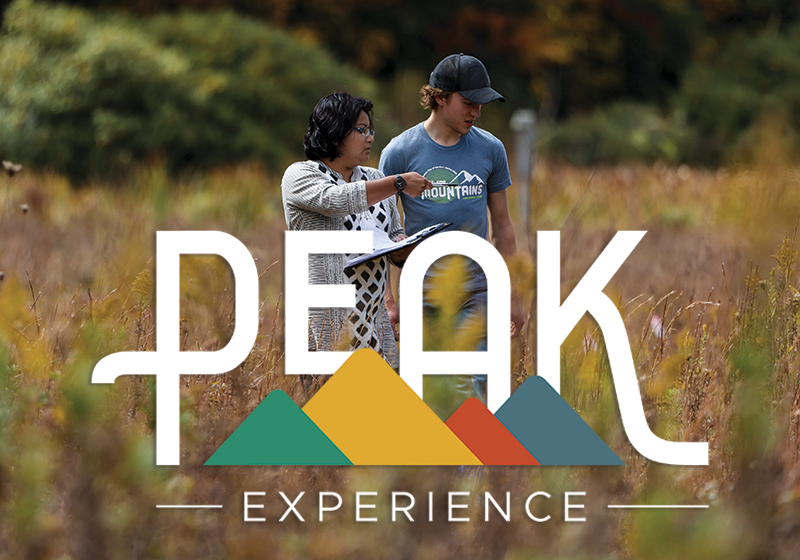
Outdoor Recreation Management travels from the mountains to the sea for ocean technical skills intensive trip
Western North Carolina, and Banner Elk specifically, is a hub for outdoor recreation. The Appalachian Mountains call outdoor adventurers from across the country to experience the state’s excellent hiking, rock climbing, skiing, and snowboarding. By taking advantage of the educational opportunities available amid the action, Lees-McRae can prepare students well for a career in outdoor recreation management (ORM).
While students pursuing an ORM degree get plenty of experience with mountain, forest, and freshwater-based activities, it is more difficult to become well-versed in the skills necessary for outdoor rec on the opposite side of the state. With the ocean more than six hours and 300 miles east, Banner Elk offers few options for developing ocean technical skills such as sailing, scuba diving, and surfing.
In 2019, however, Program Coordinator and Associate Professor for Outdoor Recreation Management and Wilderness Medicine and Rescue Katie Wall decided to change that. She organized the college’s first ocean technical skills training trip to the Mexican state Baja California. Now that COVID-19 travel restrictions have loosened, Wall and a cohort of eager ORM students were able to take the second ocean technical skills trip in December 2022, this time to the Bahamas.
“It’s good to be well-rounded. Oftentimes when students start off in the field, they’re doing seasonal work, so they may do winter somewhere and summer somewhere else. This trip opens so many more doors for them to be able to not just work in a mountain environment. All the skills we teach near Lees-McRae are mountain skills or flatland skills. Surfing, sailing, scuba diving, stand-up paddleboarding on an ocean setting, that kind of stuff, is coastal-specific,” Wall said. “The hope with this trip is to give them the skills that we can’t give them on a regular basis during the semester here.”
While the trip makes time for some land-based work such as meeting with local experts and working with local nonprofits, much of this ocean-intensive trip is spent on the water. Wall said that she and the students spent a week on the boat, during which they earned two sailing certifications, practiced paddleboarding and kayaking in an ocean setting, and honed the skills they gained in their advanced scuba diving certification that they earned on campus before setting sail.
While eating, sleeping, and learning on the boat sometimes lead to a few unsteady pairs of sea legs, Wall said that this style of intensive experiential learning is valuable for the students because it allows for skill-building as well as networking. This year the group connected with officials at The Island School, a learning institution on the Bahamian island of Eleuthera that specializes in experiential education for learners from pre-K through PhD.
The group connected with officials from the school with whom they went fly fishing, learned about local flora and fauna, and helped with coral conservation research. Wall even organized a networking evening specifically for Lees-McRae students to mingle with industry professionals from The Island School.
While lessons on networking and skills of recreation were extremely important aspects of this trip, Wall said that gaining a respect and knowledge for the land and culture the students were exploring was just as important to the experience, and to outdoor recreation management work more generally.
“Every single one of our expeditions involves tons of pre-course work surrounding the idea of place-based education so that students better understand where we are traveling to,” Wall said. “This is so they can better respect the places we’re going, better connect to those places, and I think it just gives them a lot more of an academic foundation that can prep them for these big, long expeditions.”
Experiential learning expeditions like the ocean technical skills trip are excellent ways to provide students with a logistical and global education that will help shape them into not only well-rounded professionals, but well-rounded citizens as well.


